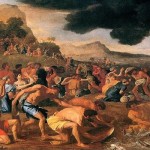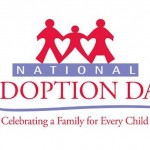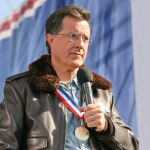From Oliver O’Donovan’s The Desire of the Nations: If political theologians are to treat ancient Israel’s political tradition as normative, they must observe the discipline of treating it as history. They may not plunder the Old Testament as though it were so much raw material to be consumed, in any order and in any variety of proportions, in the manufacture of their own theological artefact. They are dealing with a disclosure which took form in a succession of political developments,... Read more
















